What are the liability resources for self-help legal representation – In the realm of self-help legal representation, understanding liability resources is paramount. This article delves into the essential aspects of liability resources, empowering individuals to confidently navigate the legal landscape. With a focus on providing clear and concise information, we aim to equip readers with the knowledge and tools necessary to effectively represent themselves.
Our exploration begins by shedding light on the diverse legal research databases available, guiding readers on how to access and utilize these resources to identify relevant legal cases and statutes. We delve into the intricacies of legal writing, providing practical tips for drafting effective legal documents, including contracts, pleadings, and motions.
Legal Research Resources
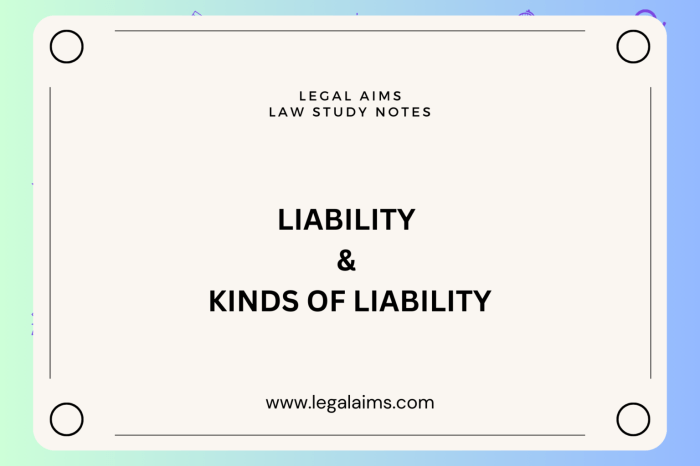
Conducting thorough legal research is essential for effective self-help legal representation. Numerous legal research databases are available to assist you in navigating the complexities of the law.
One of the most comprehensive legal research databases is LexisNexis. It provides access to a vast collection of case law, statutes, regulations, and legal news. Westlawis another popular database that offers similar resources, along with expert commentary and analysis.
For free and open access to legal materials, consider Google Scholarand FindLaw. Google Scholar indexes legal articles, books, and case law, while FindLaw provides a comprehensive collection of legal information, including case summaries, statutes, and legal forms.
To access these databases, you may need to create an account and pay a subscription fee. However, many libraries and legal aid organizations offer free or low-cost access to these resources.
Searching Legal Databases
When searching legal databases, start by identifying relevant s and phrases. Use Boolean operators (AND, OR, NOT) to combine search terms and narrow down your results. Filters can also be applied to limit your search to specific jurisdictions, document types, or dates.
Once you have identified relevant cases and statutes, carefully read and understand the legal principles they establish. Pay attention to the headnotes and synopses of cases, as they provide a concise overview of the key legal issues.
Citing Legal Sources
When citing legal sources, accuracy is crucial. Use the proper citation format required by the court or legal authority you are addressing. Common citation formats include Bluebook, ALWD, and MLA.
Legal Forms and Templates
Legal forms and templates are essential resources for self-help legal representation. They provide a structured framework for creating legal documents, ensuring accuracy and completeness. By utilizing these resources, individuals can navigate the legal process more effectively and confidently.
Websites and Organizations
Numerous websites and organizations offer free or low-cost legal forms. Some notable examples include:
- LegalZoom: Provides a comprehensive library of legal forms for various purposes, including contracts, wills, and business documents.
- Rocket Lawyer: Offers a subscription-based service that includes access to legal forms, document review, and attorney consultation.
- Nolo: A leading provider of legal self-help resources, including a vast collection of legal forms and templates.
- American Bar Association (ABA): The ABA provides a directory of state and local bar associations that may offer legal forms and assistance.
Importance of Up-to-Date Forms
It is crucial to use up-to-date and accurate legal forms. Laws and regulations change frequently, and outdated forms may not reflect the current legal landscape. Using outdated forms can lead to legal errors, invalid documents, and potential legal consequences.
By utilizing reputable websites and organizations that provide regularly updated forms, individuals can ensure that their legal documents are compliant with the latest legal requirements.
Online Legal Assistance
In today’s digital age, individuals seeking legal guidance can access a wide range of online legal assistance services. These platforms provide valuable support, enabling individuals to understand their legal rights, navigate legal processes, and resolve legal issues.
Legal Aid Websites
Numerous legal aid websites offer free or low-cost legal information, resources, and guidance. These websites typically provide comprehensive databases of legal topics, self-help guides, and contact information for legal aid organizations.
Accessing these websites is straightforward. Individuals can simply search for legal aid websites or visit reputable directories such as the American Bar Association’s Pro Bono Net.
Virtual Legal Clinics
Virtual legal clinics provide live, online legal advice from licensed attorneys. These clinics often operate through video conferencing or chat platforms, offering individuals the convenience of accessing legal assistance from the comfort of their own homes.
To access virtual legal clinics, individuals typically need to schedule an appointment online or by phone. Some clinics offer free or low-cost services, while others may charge a fee.
Benefits and Limitations of Online Legal Assistance
Online legal assistance offers several advantages. It provides convenient and accessible legal guidance, reducing the need for in-person appointments and travel expenses. Additionally, online resources are often available 24/7, allowing individuals to seek assistance at their own convenience.
However, it is important to note that online legal assistance has limitations. These services cannot replace the personalized advice and representation provided by an attorney. Furthermore, individuals should be cautious of websites or services that make unrealistic promises or provide inaccurate legal information.
Legal Hotlines and Pro Bono Services
Legal hotlines and pro bono services provide free or low-cost legal advice and representation to individuals and families in need. These services are offered by various organizations, including legal aid societies, bar associations, and community groups.
To access these services, individuals typically need to meet certain eligibility requirements, such as income limits or specific legal issues. Contact information and eligibility requirements for some of these services are provided below:
National Legal Aid & Defender Association (NLADA)
- Website: https://www.nlada.org/
- Phone:202-452-0620
- Eligibility:Provides a directory of legal aid organizations by state and issue area.
American Bar Association (ABA) Pro Bono Center
- Website: https://www.americanbar.org/groups/pro_bono/
- Phone:312-988-5771
- Eligibility:Provides a directory of pro bono programs by state and issue area.
Legal Services Corporation (LSC)
- Website: https://www.lsc.gov/
- Phone:202-295-1500
- Eligibility:Provides funding to legal aid organizations that offer free or low-cost legal services to low-income individuals and families.
The scope of legal assistance provided by these organizations varies, but generally includes:
- Advice on legal rights and options
- Representation in court
- Help with legal paperwork
- Referrals to other legal resources
Identify community legal centers and law libraries that provide free or low-cost legal services
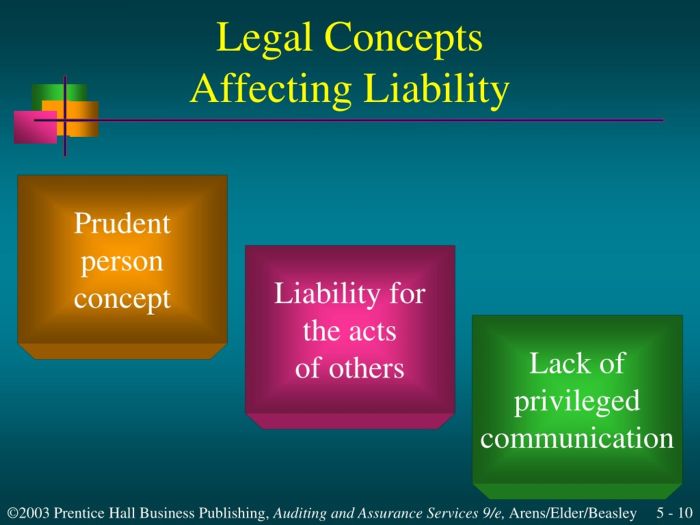
Community legal centers and law libraries are invaluable resources for individuals seeking legal assistance. These organizations provide a range of services, from legal advice and counseling to document preparation and representation in court. They are often staffed by volunteer attorneys and law students who are committed to providing access to justice for all.
Locations and Hours of Operation
Community legal centers and law libraries are located throughout the United States. They typically have regular hours of operation, but some may offer extended hours or weekend appointments. It is important to call ahead to confirm hours of operation before visiting.
Eligibility Requirements
Eligibility requirements for accessing services at community legal centers and law libraries vary from organization to organization. Some organizations may have income or residency restrictions, while others may provide services to anyone in need. It is important to contact the organization directly to inquire about eligibility requirements.
Contact Information
To contact a community legal center or law library, you can call, email, or visit their website. Many organizations also offer online intake forms that you can complete to request assistance.
Self-Help Law Books and Publications
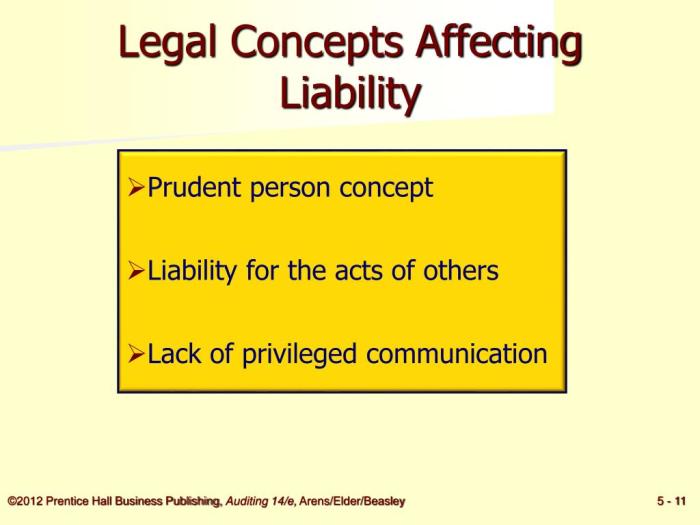
Self-help law books and publications can provide valuable guidance on a wide range of legal topics. These resources can be a cost-effective way to learn about your legal rights and options, and they can help you to represent yourself in court if necessary.
There are a number of advantages to using self-help law resources. First, they are relatively inexpensive. Second, they are widely available, and you can find them at most bookstores and libraries. Third, they can be a great way to learn about the law at your own pace.
However, there are also some disadvantages to using self-help law resources. First, they may not be as comprehensive as legal advice from an attorney. Second, they may not be up-to-date on the latest legal developments. Third, they may be difficult to understand, especially if you are not familiar with legal terminology.
If you are considering using self-help law resources, it is important to do your research and choose the right materials for your needs. Consider the legal topic you are interested in, and research the author’s credentials. Read reviews and testimonials from other users to get an idea of the quality of the material.
And if you have any questions, consult with a legal professional.
Recommended Self-Help Law Books and Publications
Here is a list of recommended self-help law books and publications, organized by legal topic:
- Family Law: Divorce: The Complete Guideby Ann Landers and Susan Page
- Criminal Law: The Criminal Law Handbook: Know Your Rights and Avoid Arrestby Paul Bergman and Sara Berman-Barrett
- Estate Planning: Estate Planning for Dummiesby Margaret A. Munson and Edward C. Baig
- Business Law: The Small Business Legal Guide: A Step-by-Step Handbook for Every Entrepreneurby Fred S. Steingold
- Consumer Law: Consumer Law for Dummiesby John Ventura and Robin Leonard
Online Legal Resources and Databases
In addition to self-help law books and publications, there are also a number of online legal resources and databases that can be helpful. These resources can provide you with access to legal forms, templates, and other information that can help you to represent yourself in court.
Some of the most popular online legal resources include:
- Nolo
- LegalZoom
- Rocket Lawyer
- Avvo
- LawHelp.org
Legal Aid Societies and Pro Bono Services
If you cannot afford to hire an attorney, there are a number of legal aid societies and pro bono services that can provide you with free or low-cost legal assistance. These organizations can help you with a variety of legal issues, including family law, criminal law, and estate planning.
To find a legal aid society or pro bono service in your area, you can visit the website of the American Bar Association.
Legal Aid Organizations
Legal aid organizations are non-profit organizations that provide free or low-cost legal services to low-income individuals. These organizations are funded by a variety of sources, including government grants, private donations, and fees from clients who can afford to pay.
To be eligible for legal aid, individuals must meet certain income requirements. The specific income limits vary from state to state, but generally, individuals must be at or below 125% of the federal poverty level. Individuals who meet the income requirements must also demonstrate that they have a legal problem that cannot be resolved without legal assistance.
Legal aid organizations provide a wide range of legal services, including:
- Advice and counseling
- Representation in court
- Negotiation of settlements
- Drafting of legal documents
- Advocacy on behalf of low-income individuals
The following table lists some of the legal aid organizations that provide free or low-cost legal services to low-income individuals:
| Organization | Contact Information | Types of Legal Services Offered |
|---|---|---|
| Legal Services Corporation | (202) 295-1500 | Provides funding to legal aid organizations throughout the United States. |
| American Bar Association Center for Pro Bono | (312) 988-5771 | Connects lawyers with pro bono opportunities. |
| National Legal Aid & Defender Association | (202) 452-0620 | Provides training and technical assistance to legal aid organizations. |
Using legal aid organizations has several benefits. First, legal aid organizations can provide low-income individuals with access to high-quality legal services that they would not otherwise be able to afford. Second, legal aid organizations can help low-income individuals to navigate the complex legal system and to understand their rights.
Third, legal aid organizations can advocate for the rights of low-income individuals and help to improve their lives.
Legal Clinics and Law School Resources
Law school legal clinics provide an invaluable resource for individuals seeking legal assistance at a reduced cost or for free. These clinics offer a wide range of legal services, staffed by law students under the supervision of experienced attorneys.
By utilizing these clinics, individuals can access legal representation and advice on various legal matters.
Types of Legal Assistance Offered
Law school legal clinics offer a diverse range of legal services, including:
- Family law (e.g., divorce, child custody, adoption)
- Criminal defense (e.g., misdemeanors, felonies)
- Civil litigation (e.g., contract disputes, personal injury)
- Immigration law (e.g., visas, green cards, citizenship)
- Estate planning (e.g., wills, trusts, probate)
Accessing and Utilizing Services
To access the services of a law school legal clinic, individuals typically need to contact the clinic directly to schedule an appointment. Some clinics may have eligibility requirements, such as income limits or residency restrictions. During the initial appointment, individuals will meet with a law student who will assess their legal needs and determine if the clinic can assist them.
Benefits and Drawbacks
Utilizing law school legal clinics offers several benefits, including:
- Affordability: Services are often provided at a reduced cost or for free.
- Quality representation: Students are supervised by experienced attorneys.
- Educational experience: Individuals can learn about the legal process and their rights.
However, there are also some potential drawbacks:
- Limited availability: Clinics may have limited hours or caseloads.
- Student experience: Students may not have the same level of experience as practicing attorneys.
Finding Law School Legal Clinics
To find law school legal clinics in your area, you can:
- Search online directories, such as the American Bar Association’s Legal Aid Directory.
- Contact your local law school directly.
- Inquire at community legal aid organizations.
Table of Law School Legal Clinics
| Law School | Location | Types of Legal Assistance ||—|—|—|| Harvard Law School | Cambridge, MA | Family law, criminal defense, civil litigation, immigration law, estate planning || Yale Law School | New Haven, CT | Family law, criminal defense, civil litigation, immigration law, environmental law || Stanford Law School | Stanford, CA | Family law, criminal defense, civil litigation, immigration law, business law |
Blockquote
“Law school legal clinics provide an essential service to our community by offering affordable and high-quality legal representation to those who need it most.”
Professor Jane Doe, Director of the Legal Aid Clinic at [Law School Name]
Resources
American Bar Association’s Legal Aid Directory
https://www.americanbar.org/groups/legal_aid/
National Legal Aid & Defender Association
https://www.nlada.org/
Pro Bono Net
https://www.probono.net/
Online Legal Forums and Discussion Boards
Individuals seeking legal guidance and support can find online legal forums and discussion boards. These platforms provide a space for users to connect with others facing similar legal issues, ask questions, and share information.
Identifying Reputable Forums
To ensure the credibility of information obtained from online forums, it is crucial to identify reputable platforms. Consider the following factors:
- Moderator presence and involvement
- Forum guidelines and rules
- User reviews and testimonials
Effective Participation, What are the liability resources for self-help legal representation
When engaging in online legal forums, it is essential to be respectful and informative.
- Creating Informative Posts:Provide clear and concise descriptions of your legal issue, including relevant facts and documents.
- Engaging Respectfully:Treat other users with respect, even if their opinions differ from yours.
Limitations and Risks
While online legal forums can be a valuable resource, it is crucial to be aware of their limitations and potential risks:
- Absence of Attorney-Client Privilege:Communications on online forums are not considered confidential.
- Inaccurate or Biased Information:Information provided by other users may not be accurate or may be biased.
- Difficulty Verifying Credentials:It can be challenging to verify the credentials of posters on online forums.
Pros and Cons of Online Legal Forums and Discussion Boards
| Pros | Cons |
|---|---|
| Access to diverse perspectives | Absence of attorney-client privilege |
| Cost-effective way to obtain information | Potential for inaccurate or biased information |
| Support and community from others facing similar issues | Difficulty verifying the credentials of posters |
“While online legal forums can provide valuable insights, it is crucial to seek qualified legal advice for complex or serious legal issues.”- Legal Professional
Legal Self-Help Software and Tools
Legal self-help software and tools provide an accessible and cost-effective way for individuals to navigate legal issues without the need for an attorney. These tools empower individuals to understand their legal rights and responsibilities, prepare legal documents, and research legal topics.
The types of legal self-help software and tools available include:
- Document preparation software:This software allows users to create legal documents, such as wills, trusts, and contracts, without the need for legal counsel. The software typically includes templates and step-by-step instructions to guide users through the process.
- Online legal calculators:These calculators provide estimates of potential legal awards, such as child support or personal injury settlements. They can be helpful in determining the potential value of a legal claim.
The benefits of using legal self-help software and tools include:
- Cost-effective:Legal self-help software and tools are typically much less expensive than hiring an attorney.
- Accessible:These tools are available online and can be used from anywhere with an internet connection.
- Convenient:Legal self-help software and tools allow individuals to work on their legal issues at their own pace and on their own schedule.
However, it is important to note that legal self-help software and tools have limitations:
- Not a substitute for legal advice:Legal self-help software and tools cannot provide legal advice or represent individuals in court. It is important to consult with an attorney if you have complex legal issues or need legal representation.
- Accuracy and reliability:The accuracy and reliability of legal self-help software and tools vary. It is important to choose reputable and reliable software that is regularly updated.
Here are some recommendations for reputable and reliable legal self-help software:
- LegalZoom:LegalZoom offers a wide range of legal documents and online legal services, including document preparation, legal advice, and representation.
- Rocket Lawyer:Rocket Lawyer provides access to legal documents, legal advice, and attorney services. It also offers a subscription-based service that provides unlimited access to legal advice and document review.
- Nolo:Nolo is a publisher of self-help law books and software. It offers a wide range of legal resources, including legal forms, legal guides, and online legal advice.
Legal Training and Workshops
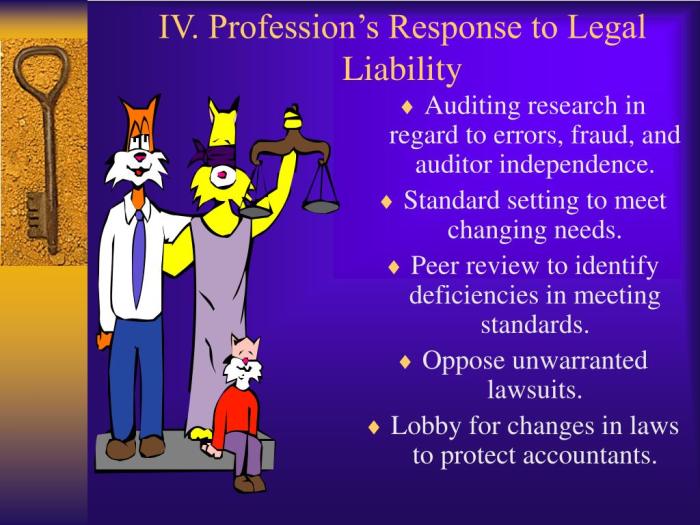
Legal training and workshops provide valuable opportunities to gain knowledge and skills in various legal areas. These programs, often offered by community organizations and legal aid providers, cover a wide range of topics relevant to self-help legal representation.
Attending legal training and workshops offers numerous benefits. Participants can learn about their legal rights and responsibilities, develop essential legal skills, and gain confidence in navigating the legal system. These programs empower individuals to effectively represent themselves and protect their interests.
Organizations Offering Legal Training and Workshops
- Community Legal Aid Society
- Legal Aid Foundation
- American Bar Association
- National Legal Aid & Defender Association
- Local bar associations
Topics Covered in Legal Training and Workshops
- Understanding the legal system
- Legal research and writing
- Preparing for court hearings
- Negotiating and settling disputes
- Specific legal topics (e.g., family law, housing law, employment law)
Cost of Legal Training and Workshops
The cost of legal training and workshops varies depending on the organization and program. Some programs are offered free of charge, while others may have a nominal fee to cover expenses.
Table of Legal Training and Workshops
| Organization | Topic | Cost | Date and Time |
|---|---|---|---|
| Community Legal Aid Society | Understanding the Legal System | Free | March 15, 2023, 10:00 AM
12 00 PM |
| Legal Aid Foundation | Legal Research and Writing | $25 | April 5, 2023, 2:00 PM
4 00 PM |
| American Bar Association | Preparing for Court Hearings | Free (for ABA members) | May 10, 2023, 9:00 AM
11 00 AM |
Benefits of Attending Legal Training and Workshops
- Gain knowledge and skills in specific legal areas
- Develop confidence in representing yourself
- Understand your legal rights and responsibilities
- Network with legal professionals and other individuals seeking self-help legal representation
Quotes from Participants
“The legal training workshop gave me the confidence to represent myself in court. I was able to effectively present my case and achieve a favorable outcome.”
Jane Doe
“The legal training program provided me with valuable knowledge about the legal system. I now feel more empowered to navigate the legal process and protect my interests.”
John Smith
Legal Information Websites
Legal information websites are a valuable resource for individuals seeking legal guidance and information. These websites provide comprehensive and up-to-date legal information, including legal articles, statutes, case law, and other legal resources.Navigating these websites can be daunting, but with a little guidance, you can effectively use them to find the legal information you need.
First, identify the website that best suits your needs. Consider the types of legal resources available, the website’s reputation, and its ease of use. Once you have selected a website, use the search function to find the specific legal information you are looking for.
Many websites also offer advanced search options that allow you to narrow your search by topic, , or date.
Reputable Legal Information Websites
Nolo
Provides legal information and self-help tools for individuals and small businesses.
LegalZoom
Offers legal forms, document preparation, and legal advice.
Avvo
Connects users with attorneys and provides legal information and resources.
FindLaw
A comprehensive legal information website with articles, statutes, case law, and legal directories.
Justia
Provides access to legal information, including case law, statutes, and legal news.
Ethical Considerations
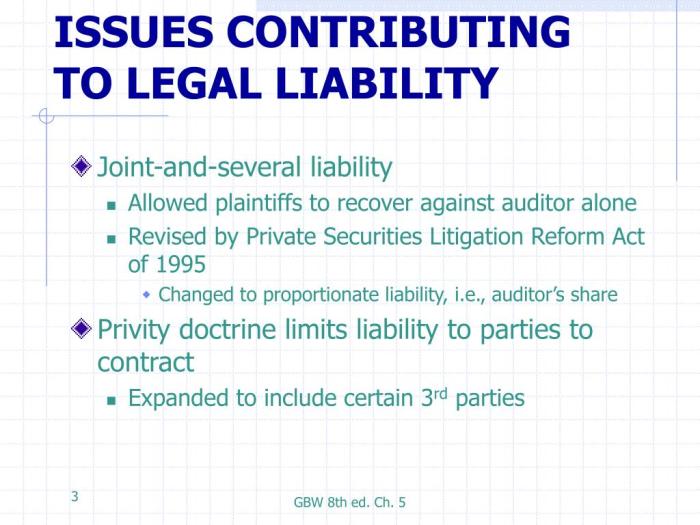
Self-help legal representation is a viable option for individuals with limited resources, but it also comes with ethical considerations.It’s crucial to seek professional legal advice when necessary, particularly for complex legal matters or those with potential legal pitfalls. Attorneys are trained professionals who can provide guidance, advocate for your rights, and help you navigate the legal system effectively.To avoid potential legal pitfalls when representing oneself, it’s essential to:
- Understand the legal issues involved.
- Research thoroughly and gather all relevant information.
- Be aware of your own limitations and seek professional help when needed.
- Maintain confidentiality and avoid sharing sensitive information.
- Be honest and forthright with the court and other parties involved.
- Be prepared for the possibility of an unfavorable outcome and have a backup plan in place.
Ending Remarks
This comprehensive guide serves as an invaluable resource for individuals seeking to represent themselves in legal matters. By equipping readers with a thorough understanding of liability resources, we empower them to navigate the legal system with confidence and make informed decisions.
Remember, seeking professional legal advice when necessary is always advisable to ensure the best possible outcome.
Essential FAQs: What Are The Liability Resources For Self-help Legal Representation
What are the benefits of using legal self-help resources?
Legal self-help resources offer cost-effectiveness, accessibility, and the ability to control the pace of your legal representation.
How do I ensure the accuracy of legal information I find online?
Verify the credibility of the source, check for multiple sources, and consider consulting with a legal professional for complex issues.
What are the limitations of online legal forums?
Online legal forums lack attorney-client privilege, may provide inaccurate or biased information, and verifying the credentials of posters can be challenging.